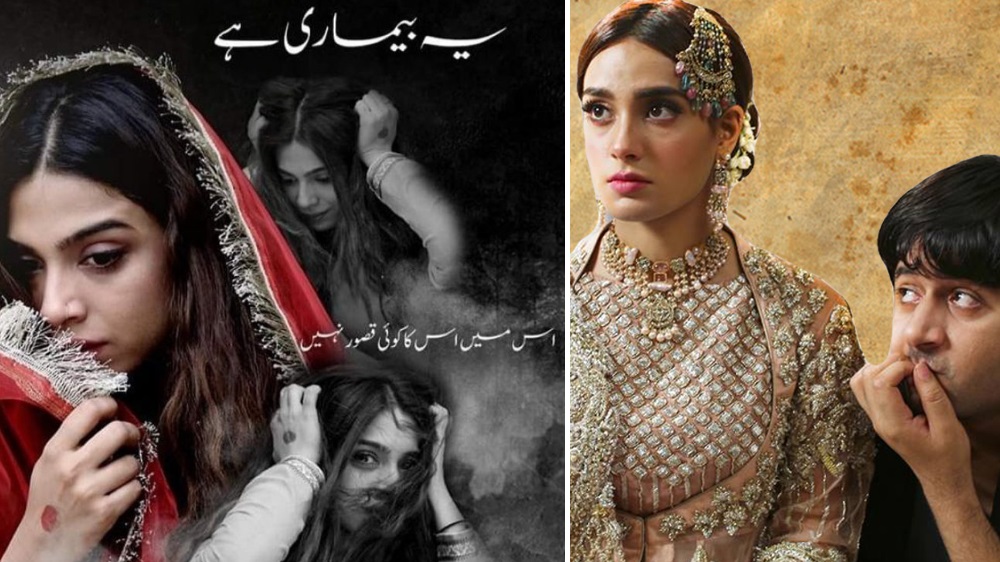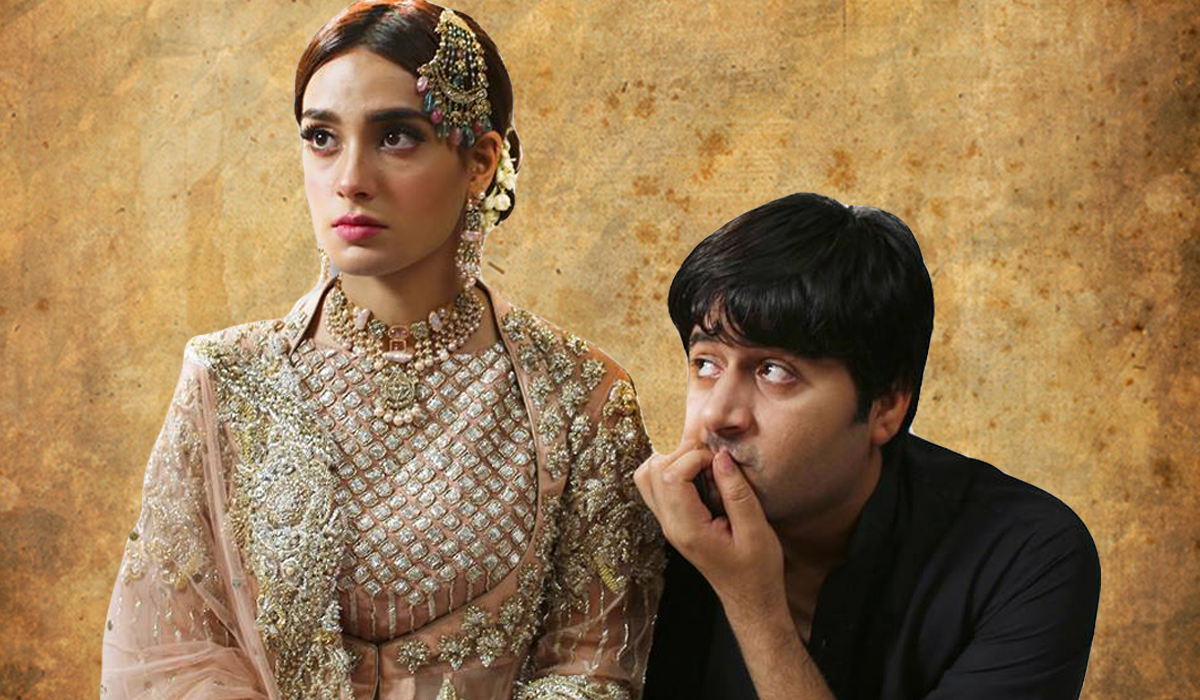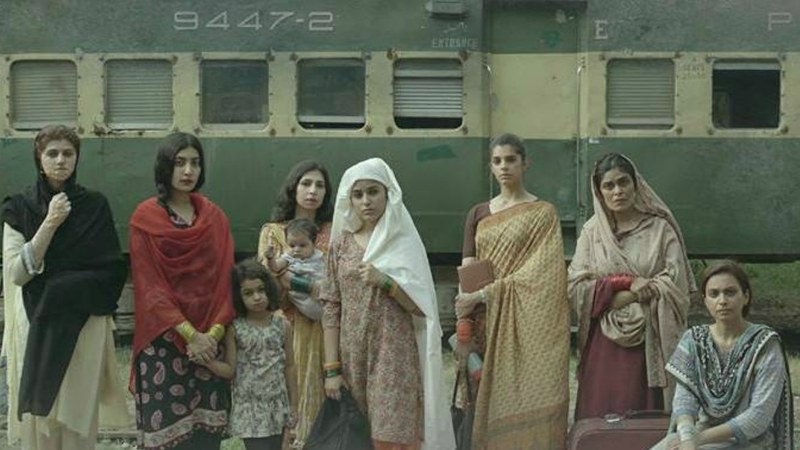In the rich tapestry of Pakistani television, psychological thrillers have emerged as a genre that not only keeps viewers on the edge of their seats but also raises awareness about various mental health issues.
These drama serials delve into the complexities of the human mind while shedding light on often stigmatized psychological disorders.
Here are five Pakistani psychological thriller drama serials that have left a lasting impact on audiences
Ranjha Ranjha Kardi
This blockbuster drama redefined traditional heroism by portraying the male lead, played by Imran Ashraf, as a mentally disturbed individual. Through its nuanced storytelling, ‘Ranjha Ranjha Kardi’ challenged societal misconceptions about mental disorders and highlighted the importance of empathy and understanding.
Sabaat
Sabaat delved into the realm of narcissism, a personality disorder rarely explored in mainstream media. Sarah Khan’s portrayal of Miraal, a character grappling with narcissistic tendencies, provided viewers with a glimpse into the complexities of this condition and the process of healing and self-discovery.
Saraab
Sonya Hussyn’s dedication to shedding light on mental health issues is evident in her roles in dramas such as Saraab. In this series, she delivered a powerful performance as a character suffering from schizophrenia, drawing praise for her portrayal of the challenges faced by individuals with this disorder.
Dhund
Dhund presented a unique take on the psychological thriller genre, incorporating elements of the supernatural alongside themes of trauma and resilience. Despite being underrated, the series captivated audiences with its intriguing storyline and compelling performances, particularly by Maria Wasti in the lead role.
Aakhri Station
Sarmad Khoosat’s Aakhri Station stood out for its poignant portrayal of women’s struggles, including mental health challenges. Sanam Saeed’s portrayal of a woman battling depression following a traumatic childhood and her mother’s suicide resonated deeply with viewers, sparking important conversations about mental health awareness.
These dramas not only entertained audiences but also served as catalysts for social change by initiating conversations about mental health issues in our society.
Through their thought-provoking narratives and impactful performances, they have contributed to breaking the stigma surrounding psychological disorders and promoting empathy and understanding. In a landscape where entertainment holds immense power, these dramas have wielded their influence responsibly, advocating for greater awareness and support for mental health initiatives.













